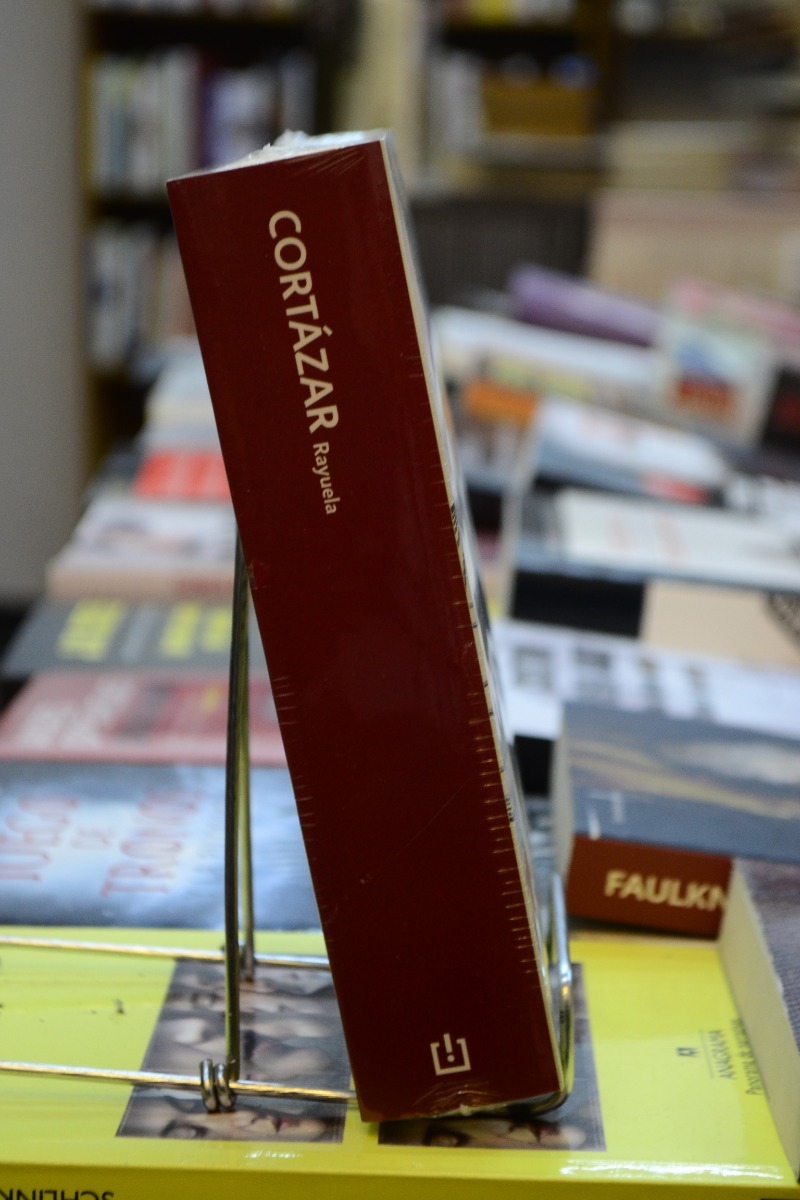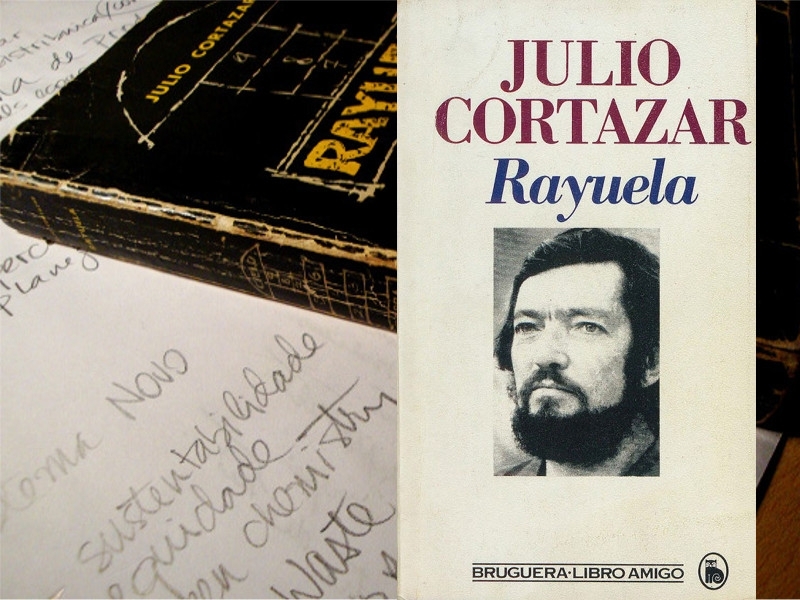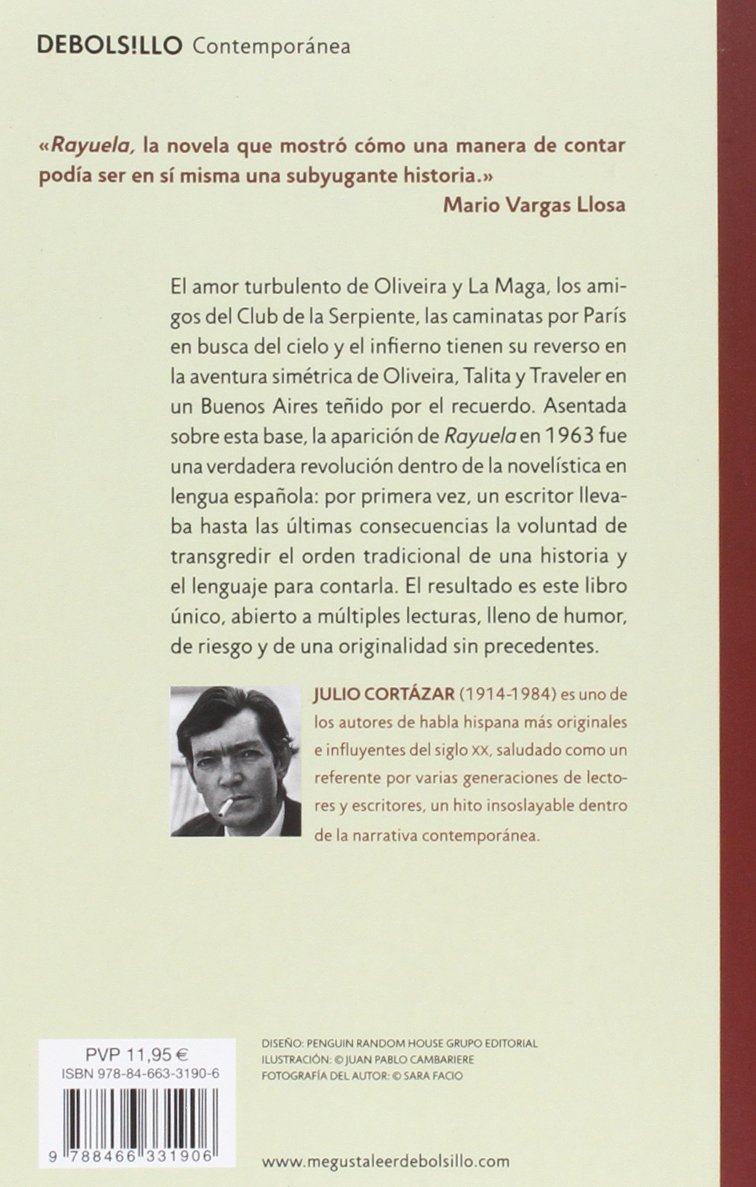

Indeed it can even be read front to back in its entirety. The book allows for these - and other - readings. To many readers this sounds like a contrivance that is too clever by half. Needless to say, this version does not end with chapter 56. (For convenience, each chapter ends with an indication of the next that is to be read in this particular sequence.) The alternative he proposes is to begin with chapter 73 and then proceed according to a sequence listed in the "Table of Instructions".

The volume itself consists of 155 chapters.Ĭortázar suggests that the book can be read simply from the beginning to chapter 56, where the book can be considered to end - "the reader may ignore what follows with a clean conscience."

There Cortázar announces: "In its own way, this book consists of many books, but two books above all." It is, in part, notorious for its unusual presentation: it comes with a "Table of Instructions". Julio Cortázar's Hopscotch remains one of the most influential and significant novels to appear in Latin America after the Second World War. We acknowledge (and remind and warn you) that they may, in fact, be entirely unrepresentative of the actual reviews by any other measure. Similarly the illustrative quotes chosen here are merely those the complete review subjectively believes represent the tenor and judgment of the review as a whole. Please note that these ratings solely represent the complete review 's biased interpretation and subjective opinion of the actual reviews and do not claim to accurately reflect or represent the views of the reviewers. (.) Hopscotch is in fact a comic novel, sometimes howlingly funny, always acutely ironic." - Donald Keene, The New York Times Book Review The dialogue is brilliant, whether the subject is literature, love, Mondrian, jazz or the fallibility of science. "The story, despite the deliberately episodic, snapshot manner, achieves dramatic intensity.(.) In short, Hopscotch, in its depth of imagination and suggestion, in its maze of black mirrors, in its ironical potentiality-through-destruction of time and words, marks the true possibility of encounter between the Latin-American imagination and the contemporary world." - Carlos Fuentes, Commentary History as change does not exist there is only the compulsive repetition of ritual acts. But in Latin America, fantasy is history. "Everything in Hopscotch is a ghostly double of itself: cities, characters, cultures, even the author himself.General information | review summaries | our review | links | about the author Trying to meet all your book preview and review needs.


 0 kommentar(er)
0 kommentar(er)
